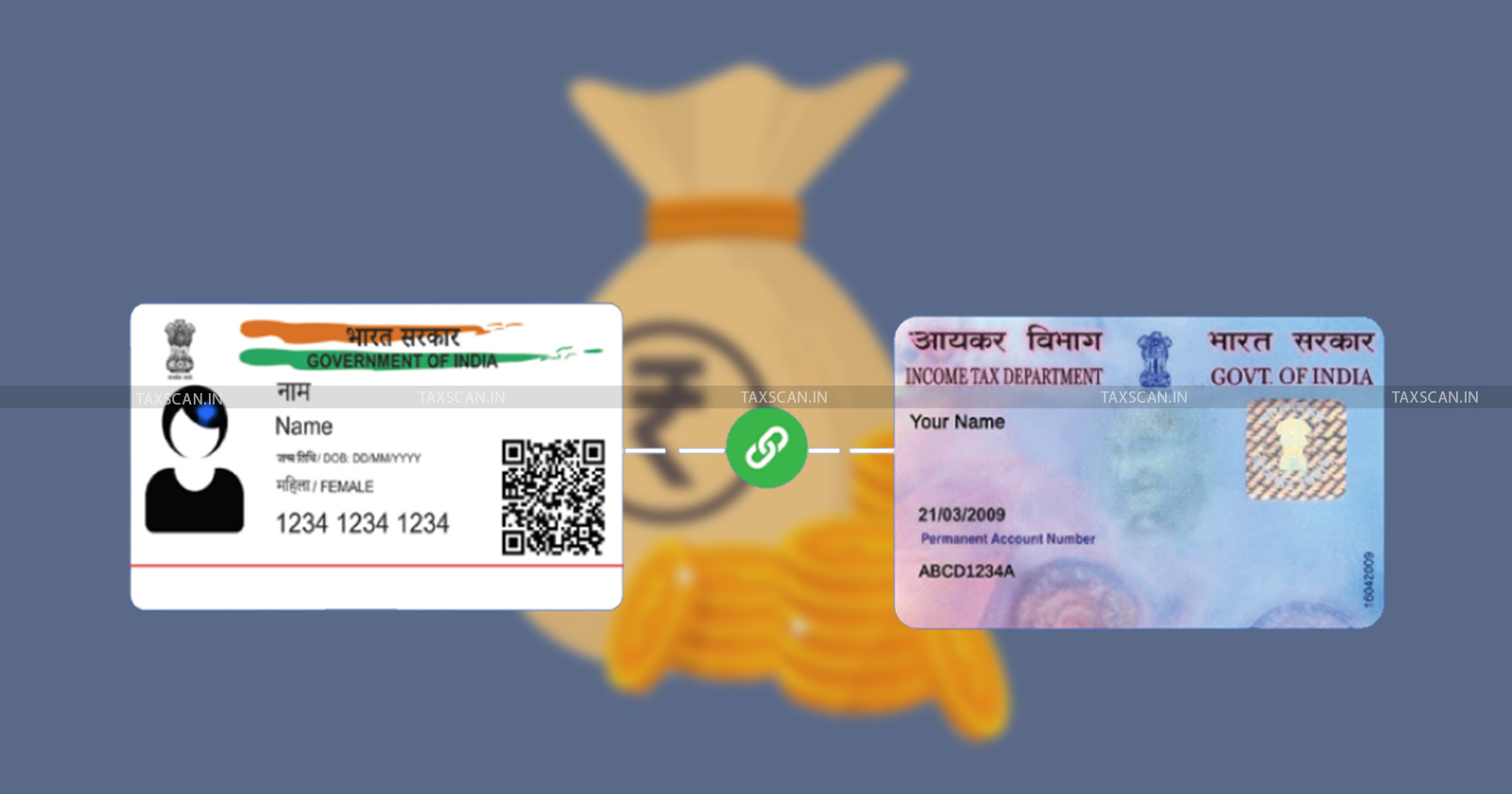SEBI withdraws PAN-Aadhar Linking Mandate for Mutual Fund Investors
If a KYC-registered investor wishes to invest in a new fund, they must complete the KYC process again

SEBI – pan aadhaar linking – Mutual Fund – Mutual Fund Investing – SEBI KYC Rules – taxscan
SEBI – pan aadhaar linking – Mutual Fund – Mutual Fund Investing – SEBI KYC Rules – taxscan
In a significant relief for millions of mutual fund investors, SEBI has relaxed KYC rules. Under the new regulation, investors can invest in mutual funds even if their Aadhaar card and PAN card are not linked.
This change, announced in a circular dated May 14, overturns the rule implemented on April 1, which had put KYC on hold for investors without a linked Aadhaar-PAN, preventing them from investing in or redeeming mutual funds.
SEBI's new rule allows investors to complete their KYC using Officially Valid Documents (OVDs) such as Aadhaar, PAN, Voter ID, passport, and driving license, without needing to link Aadhaar and PAN. Once KYC is done using these documents, the investor’s status will be "KYC-registered." An investor with a KYC-registered status can only transact with the mutual fund for which the KYC was completed, not with any new fund.
Conversely, investors who link their Aadhaar and PAN and complete their KYC will have a "KYC-validated" status, enabling them to invest in any mutual fund. If a KYC-registered investor wishes to invest in a new fund, they must complete the KYC process again. Investors with a KYC-on-hold status, where their email, mobile number, and address are not verified, will not be able to invest in or redeem mutual funds.
Investors can check their KYC status on www.CVLKRA.com by entering their PAN number on the KYC inquiry page, which also displays their KYC-registered authorities like CAMS and Karvy. If an investor’s KYC is not validated or registered, they can complete the process on their KRA's website using an officially valid document.
Support our journalism by subscribing to Taxscan premium. Follow us on Telegram for quick updates


